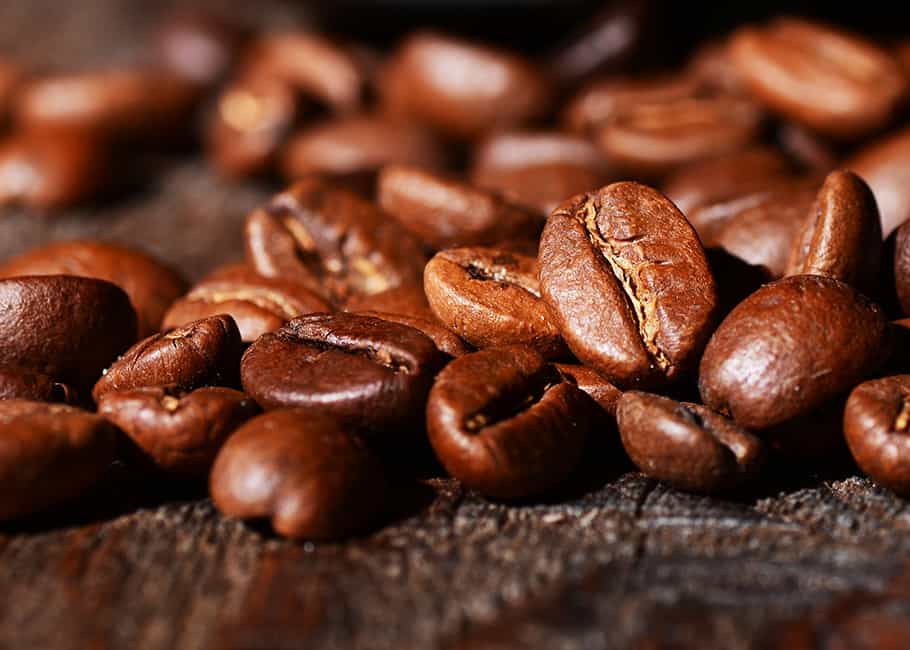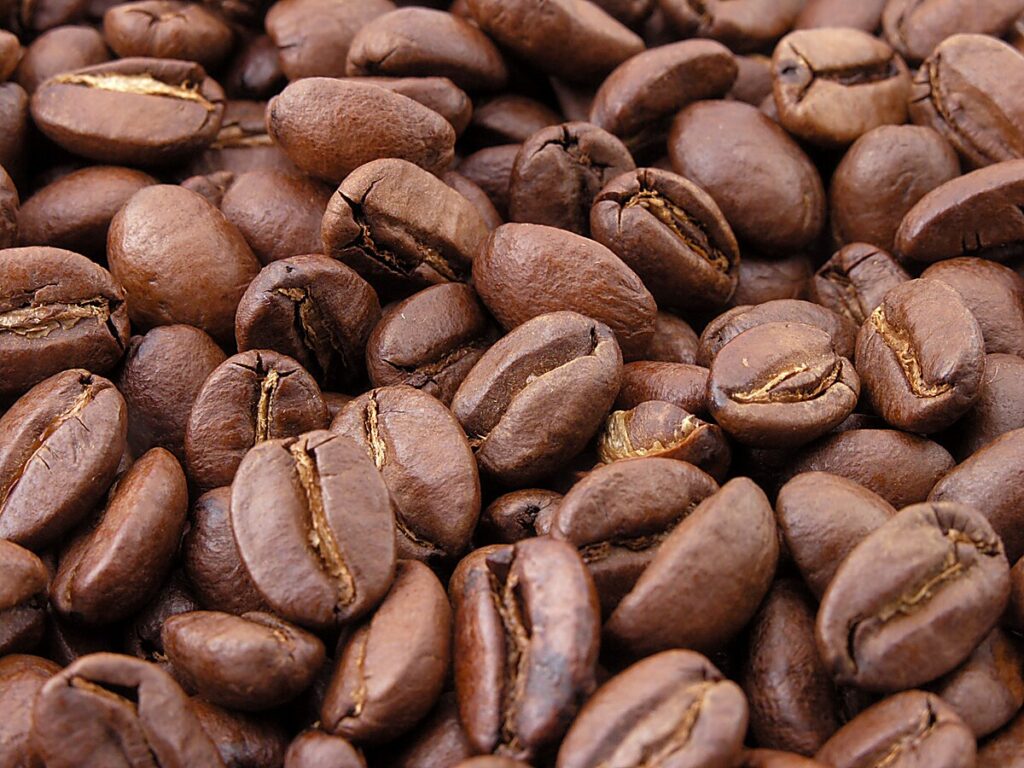When it comes to coffee, the type of bean used can greatly impact the quality and flavor of the final brew. Arabica beans are known for their superior quality, but how do they compare to other types of beans? In this comprehensive guide, we will focus on the quality of Arabica beans and how they stack up against other varieties. From detailed comparison charts to in-depth descriptions, we will explore the factors that affect Arabica bean quality and provide valuable insights into the role of growing conditions and processing methods.
Understanding the Superior Quality of Arabica Beans
Arabica beans are widely recognized for their exceptional quality, making them the preferred choice for coffee enthusiasts around the world. But what sets Arabica beans apart from other varieties, such as Robusta, and why is their quality so highly regarded?
Arabica beans are known for their superior flavor
One key factor contributing to the superior quality of Arabica beans is their flavor profile. Arabica coffee is known for its smooth, mild taste with a wide range of flavor notes, including fruity, floral, and nutty undertones. In contrast, Robusta beans are often characterized by a stronger, more bitter flavor, making them less desirable for those seeking a high-quality coffee experience.
In addition to their flavor, Arabica beans also stand out in terms of their aroma and acidity. Arabica coffee is prized for its delicate and aromatic fragrance, as well as its pleasant acidity that adds brightness to the brew. These qualities contribute to the overall sensory experience of enjoying a cup of high-quality coffee.
Arabica beans are grown at high altitudes which affects taste
The growing conditions and altitude at which Arabica beans are cultivated play a significant role in determining their quality. Arabica plants thrive in higher elevations with cooler temperatures, which results in a slower maturation process and allows the beans to develop more complex flavors. This is in contrast to Robusta beans, which are typically grown at lower altitudes and are known for their resilience to harsher environmental conditions.
Arabica beans are treated meticulously during cultivation and roasting
When it comes to processing methods, Arabica beans are often handled with greater care and attention to detail, further enhancing their quality. From harvesting and drying to roasting, every step of the process is crucial in preserving the unique characteristics of Arabica coffee beans and ensuring a high-grade coffee product.
Comparing Arabica Beans with Other Varieties
While Arabica beans are known for their exceptional quality, it’s important to understand how they compare to other types of coffee beans, particularly Robusta. When it comes to quality coffee, Arabica beans are often the preferred choice due to their superior flavor profile, which includes a smooth, mild taste with a wide range of flavor notes, such as fruity, floral, and nutty undertones. In contrast, Robusta beans are characterized by a stronger, more bitter flavor, making them less desirable for those seeking a high-quality coffee experience.
What makes Arabica beans different from other types of coffee beans?
Arabica beans are known for their exceptional quality, offering a rich and nuanced flavor profile, delightful aroma, and pleasant acidity. In contrast, Robusta beans are characterized by a stronger, more bitter flavor, making them less desirable for those seeking a high-quality coffee experience.
How does the quality of Arabica beans affect the taste of coffee?
The quality of Arabica beans greatly impacts the taste of coffee, providing a smooth, mild taste with a wide range of flavor notes, including fruity, floral, and nutty undertones. Additionally, the delicate and aromatic fragrance, as well as the pleasant acidity of Arabica coffee, contribute to the overall sensory experience of enjoying a cup of high-quality coffee.


